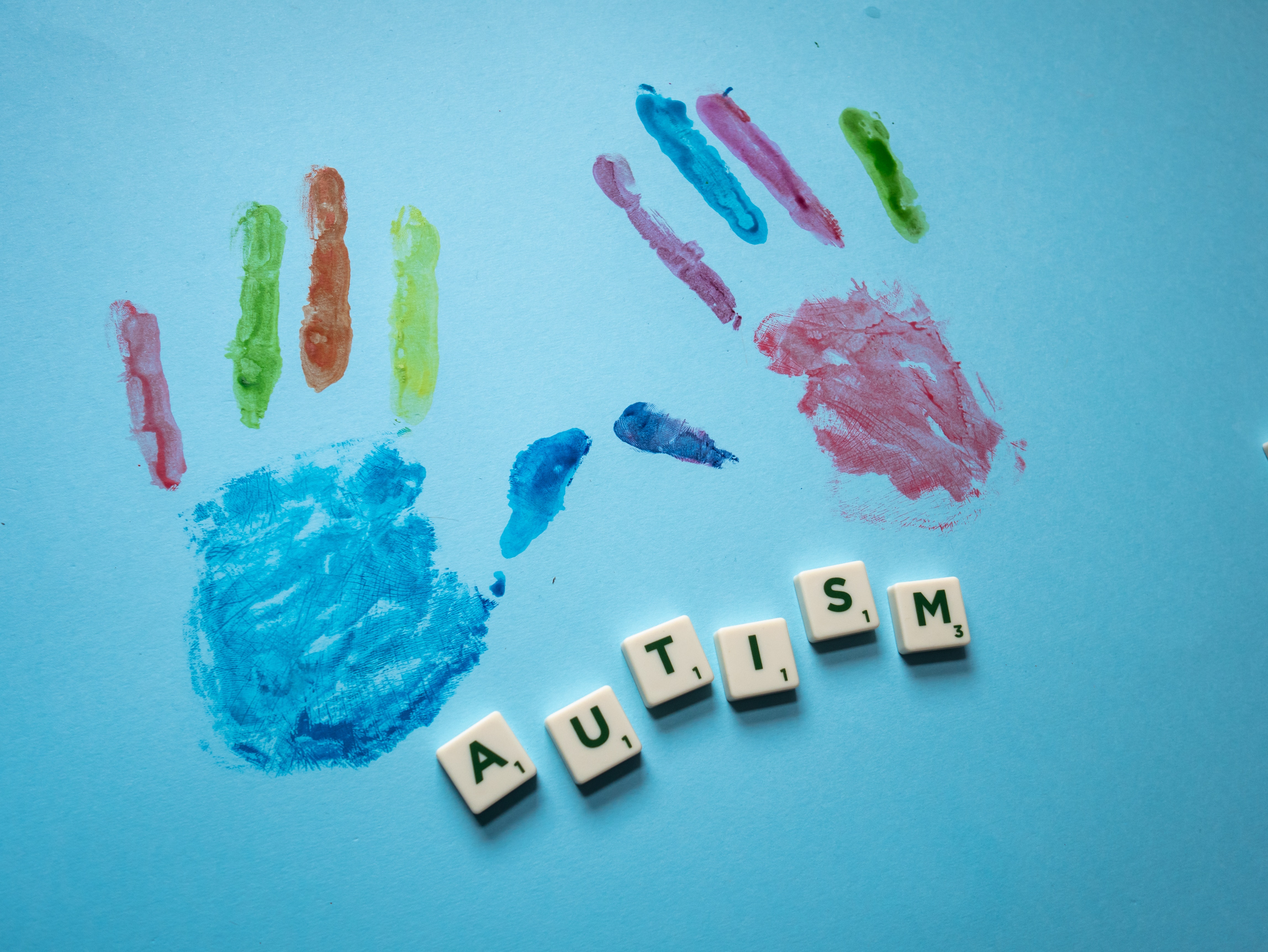Does vaccine cause autism?

Autism or Autism Spectrum Disorder (ASD) is a neurodevelopmental disorder that affects a person's behavior, communication, and social skills. The term "spectrum" refers to the variation in individual symptoms, skills, and levels of functioning that can impact individuals with autism. One of the misconceptions about autism is that this condition is caused by vaccines, especially the MMR (Measles, Mumps, and Rubella) vaccine.
What is the MMR vaccine?
The MMR vaccine protects individuals from measles, mumps, and rubella. The disease is an infectious disease that can infect both children and adults. In Indonesia, this vaccine is given to children aged 9 months to 14-15 years. Side effects of this vaccine can include low-grade fever, rash, swelling, or pain at the injection site. According to IDAI (Indonesian Pediatrician Association), this is a normal reaction to vaccination and usually goes away within 2-3 days.
Do vaccine side effects include autism?
No, the MMR vaccine does not cause autism. Scientific evidence has proven that there is no link between the MMR vaccine and autism conditions (Oxford Vaccine Group, 2013). This misconception is based on the research of Andrew Wakefield who claims from his research that there is a link between vaccines and the developmental regression conditions manifested in autism. This claim is followed by a number of studies showing the opposite result: that there is no link between vaccines and autism. Ongoing investigation into Wakefield's research revealed that Wakefield have engaged in misconduct related to the regression research; therefore, the study was then withdrawn from the journal that published it. Since then, many studies have supported that there is no link between giving vaccines to autism and refutes Wakefield’s claim.
So, what causes autism?
The exact cause of autism is still unknown. Researchers have so far predicted that genetic and environmental factors might be contributors. Research shows that autism could be the result of disruptions in the early stages of brain development. While environmental factors are hypothesized to play a role in gene development and function, to date, there has not been found specific environmental conditions that cause autism.
The importance of early detection
It should be noted that screening is different from diagnosis. Screening helps parents to know if further evaluation by a professional is needed. There are no risks in the process of screening a child for autism. Autism screening should be carried out for all children, so that if the results of the screening show the presence of red flags, the child can receive further evaluation to confirm the presence or absence of a diagnosis of autism. Early detection is important as research shows early intervention for children with autism shows the best results if done early.
Where should I go if I need a consult?
It is recommended for parents to consult a pediatrician, child psychiatrist, or child psychologist, if you want a thorough evaluation of your child's condition.
Tiara Putri, MS. BCBA.
BehaviorPALS
Referensi:
IDAI | Daftar Pertanyaan Seputar Imunisasi Campak/Measles dan Rubella (MR). (n.d.). Www.idai.or.id. Retrieved April 3, 2022, from https://www.idai.or.id/artikel/klinik/imunisasi/daftar-pertanyaan-seputar-imunisasi-campak/measles-dan-rubella-mr
Oxford Vaccine Group. (2013). MMR Vaccine (Measles, Mumps and Rubella Vaccine) | Vaccine Knowledge. Ox.ac.uk. https://vk.ovg.ox.ac.uk/vk/mmr-vaccine
Ahearn, W. H. (2010). What every behavior analyst should know about the “MMR causes Autism” hypothesis. Behavior Analysis in Practice, 3(1), 46-50.
vaccine, autism, MMR
Special Needs / Berkebutuhan Khusus / Vaccines / Vaksin / Health / Kesehatan / Does vaccine cause autism?
Comments















